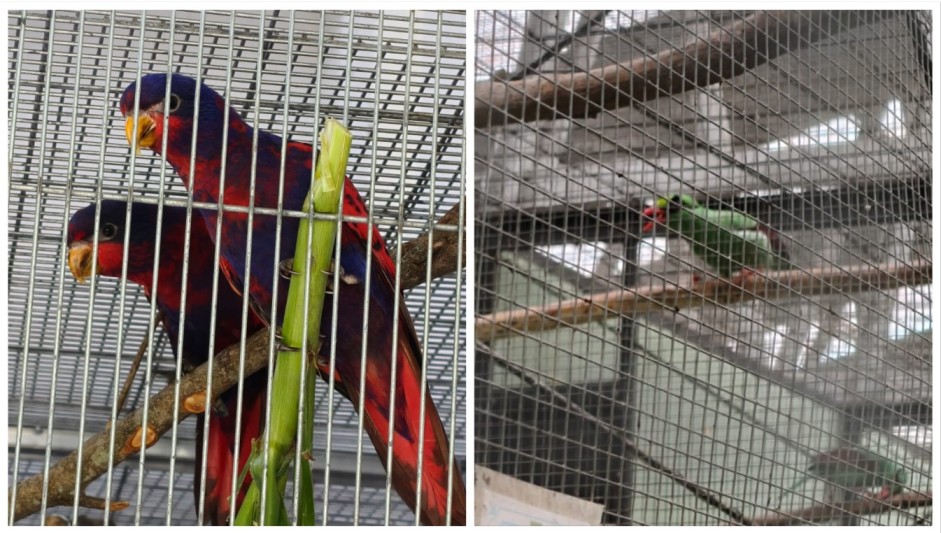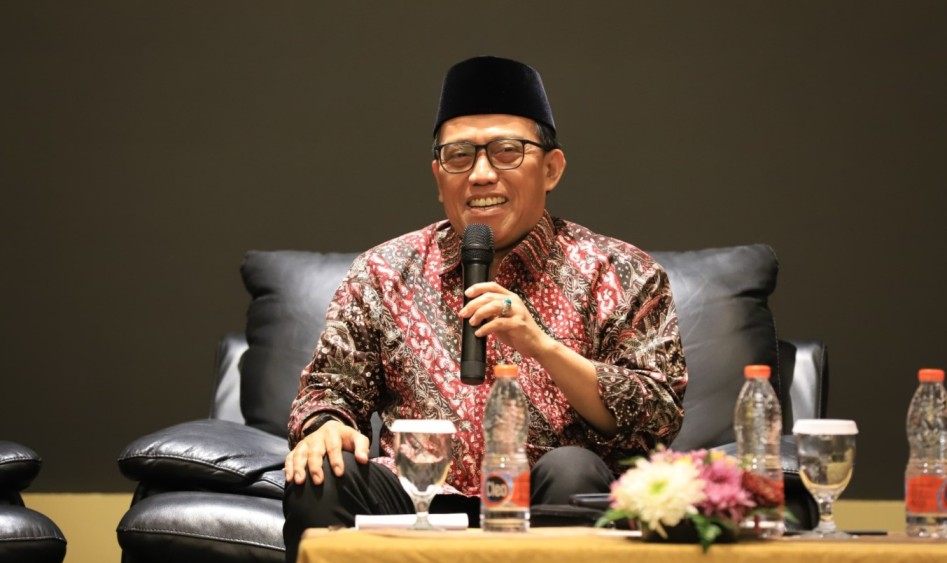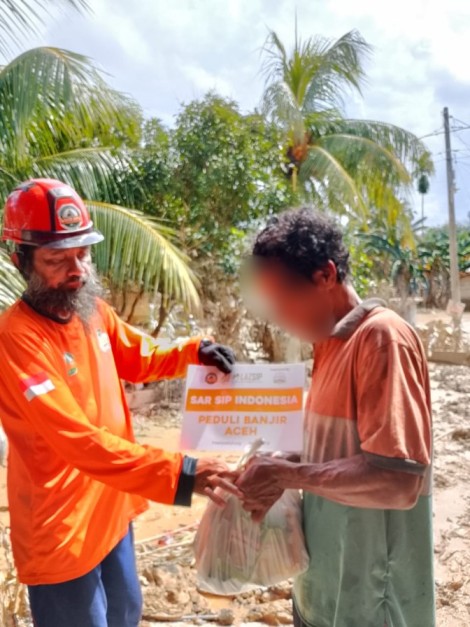Helping Indonesian farmers for almost half a century, Taiwan expected to be involved in nutritious meal program

The focus of agricultural cooperation between Indonesia and Taiwan includes human resource training, improving the quality of agricultural products, as well as expanding production and marketing channels.
Jakarta (Indonesia Window) – With the dedication of the Taiwan Technical Mission (TTM) to help Indonesian farmers for almost 50 years to develop agricultural land and increase their yields, the Taiwanese government hopes to participate in the success of the free nutritious meal program launched by the Indonesian government.
“At a time when the world is facing food security challenges, the President of Indonesia, Mr. Prabowo (Subianto), is actively promoting a food self-sufficiency policy and free nutritious lunch programs for Indonesian students. These initiatives are the strengths of Taiwan’s public and private sectors,” Representative of the Taipei Economic and Trade Office (TETO), John Chen, said at the celebration of the 48th anniversary of the Taiwan Technical Mission in Indonesia, held here on Monday (Nov. 25).
In his statement, TETO’s chief appreciated the efforts of the Indonesian government in organizing a delegation to Taiwan to explore the application of Taiwanese agricultural technology in various sectors, including the agriculture, forestry, fisheries, and livestock industries.
“In addition, I encourage the visit of the Indonesian delegation to observe the implementation of the nutritious lunch program in elementary and secondary schools in Taiwan. I believe the potential for collaboration between Taiwan and Indonesia is limitless,” he continued.
Ambassador Chen said that in the past, the agricultural cooperation mainly focused on increasing food production.
“Furthermore, the focus of cooperation has shifted towards human resource training, improving the quality of agricultural products, and expanding production and marketing channels,” he explained.
He added that TTM also introduced smart agricultural technology based on artificial intelligence, which emphasizes sustainable development and resilient agriculture, in the hope of encouraging agricultural improvement and jointly promoting regional agricultural welfare.
“In addition to working with local farmers, TTM has also utilized the resources and expertise of leading universities, government institutions, and agricultural training centers in Indonesia to strengthen the effectiveness of their cooperation,” Ambassador Chen said.
For example, he continued, in 2007, TTM met with the Bogor Agricultural University (IPB) to cultivate high-value crops such as asparagus, guava, cherry tomatoes, and white bitter melon. These agricultural products have become very popular in a number of big supermarkets throughout Jakarta.
Meanwhile, from 2018 to 2023, TTM is working with Hasanuddin University in South Sulawesi on a six-year project to develop high-quality rice varieties.
During that period, 6.6 tons of prime rice varieties were produced per hectare, much higher than the previous four tons of local varieties per hectare, he noted.
From the agricultural business sector, Taiwan sent several agricultural technicians to guide and assist local farmers, and then worked with them to create a thriving production and marketing system, John Chen pointed out.
“This approach is a typical Taiwanese model in supporting local agricultural development. Every project promoted by TTM in Indonesia is the culmination of countless efforts and deep attention from Taiwan,” he said.
The TETO chief emphasized that the Taiwan Technical Mission is not only about technology transfer and market development, but also a symbol of deep friendship and evidence of shared prosperity between Indonesia and Taiwan.
Reporting by Indonesia Window

.jpg)








